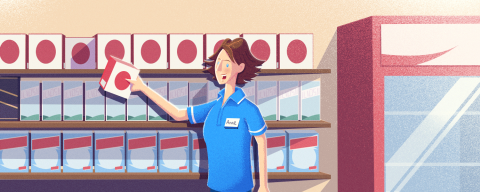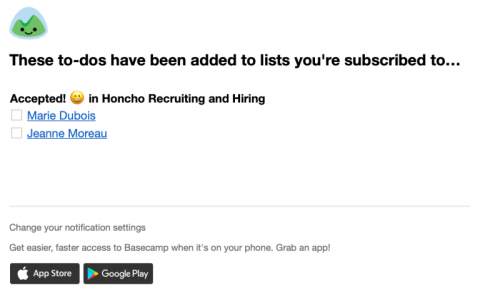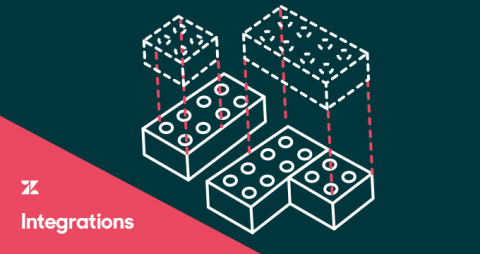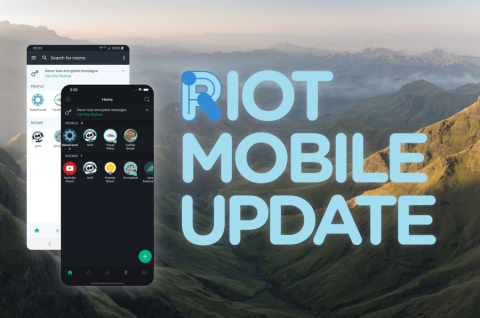How is Customer Service Different or the Same for Traditional Retail and Online Retail
Online and offline retailers are at war. For years, offline retailers have been struggling to stem the tide of shoppers leaving their stores, abandoning them for the convenience of online shopping. But this year, finally, their efforts have seen some positive press. It’s not a matter of if, but when. So here’s the question for both retailers: How does online and offline customer service compare, and does it really make a difference?










